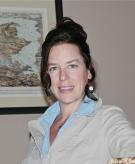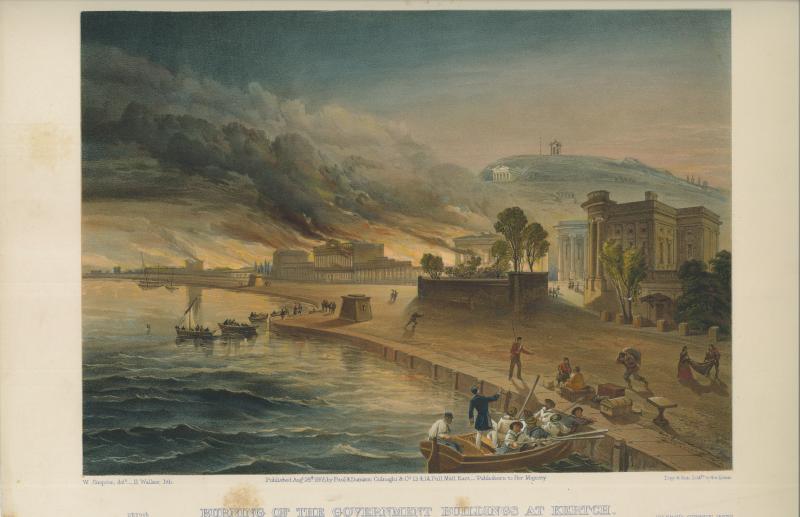Mara Kozelsky

Education: BA, Appalachian State U; MA, West Virginia U; PhD, University of Rochester
Mara Kozelsky is Associate Professor of History at the University of South Alabama.
When did you first develop an interest in Slavic, East European and Eurasian Studies?
Few rural southerners have Eastern European surnames and mine was unique for my small hometown. While my career did not move in the direction of my Czech ancestry, having this heritage gave me an awareness of the region from a young age. I can also point to Samantha Smith as an early, and perhaps more direct, inspiration. We were both 10 years old when she protested nuclear weapons in a letter to Andropov, and I avidly followed her visit to Russia in 1983. The spirit of cooperation Samantha represented stayed with me, and my first trip to Russia in 1994 was with a Peace Exchange Program.
How have your interests changed since then?
As I traveled through Russia, Ukraine and Poland in the 1990s, I was struck by the emergence of national identities connected with religion. As a historian, I wanted to better understand the origins of religious nationalism in this part of the world, which led to my first book, Christianizing Crimea (Northern Illinois U Press, 2010). Focusing on the first half of the nineteenth century, the book shows how the Russian Orthodox Church revived ancient Orthodox legends to recast Crimea as the Cradle of Russian Christianity. Then, the spread of Orthodoxy contributed to the consolidation of empire in southern Ukraine and Crimea. Recently, the idea of Crimea (and Kyiv) as the Cradle(s) of Russian Christianity has reappeared in Patriarch Kirill’s Russkii Mir platform and was invoked by Putin to justify annexing Crimea.
What is your current research project?
A chapter in my book explored Orthodox nationalism during the Crimean War, and I felt it barely scratched the surface of a much more complex conflict. We know very little about the Tatar mutiny during the war and exodus after; wartime scorched earthy policy and requisitions; religious tensions associated with the conflict; and so on. My current book in progress, therefore, examines the  civilian experience of war. I have published aspects of this study in articles and in Russian-Ottoman Borderlands: the Eastern Question Reconsidered, which I co-edited with Lucien Frary (U of Wisconsin Press, 2014). Finally, I occasionally still present and write about Archbishop Innokentii (Borisov) the prelate who led the Christianizing of Crimea in the 19th century, and who ranks among the most important theologians of the Russian Orthodox Church.
civilian experience of war. I have published aspects of this study in articles and in Russian-Ottoman Borderlands: the Eastern Question Reconsidered, which I co-edited with Lucien Frary (U of Wisconsin Press, 2014). Finally, I occasionally still present and write about Archbishop Innokentii (Borisov) the prelate who led the Christianizing of Crimea in the 19th century, and who ranks among the most important theologians of the Russian Orthodox Church.
What do you value about your ASEEES membership?
ASEEES is a critical resource for scholars in the field. When budget cuts threatened the Russian language program at University of South Alabama following retirement of our language professor, I called upon ASEEES for help. Past President of ASEEES Diane Koenker along with other scholars kindly sent letters to the administration in support of retaining the tenure-track line. These efforts helped secure the hiring of an energetic Visiting Assistant Professor of Russian, Dr. Nicholas Gossett. We are continuing our advocacy for a tenure-track line, and can envision calling upon ASEEES again. Beyond advocacy at the local and national level, ASEEES provides important opportunities for intellectual exchange and collaboration. I am indebted to many wonderful scholars associated with ASEEES for their insights and support over the years.
Besides your professional work, what other interests and/or hobbies do you enjoy?
I like traveling, reading, gardening, and can do a variety of DIY projects. I also write fiction to relax and have completed 2 novels.
Image Caption:
